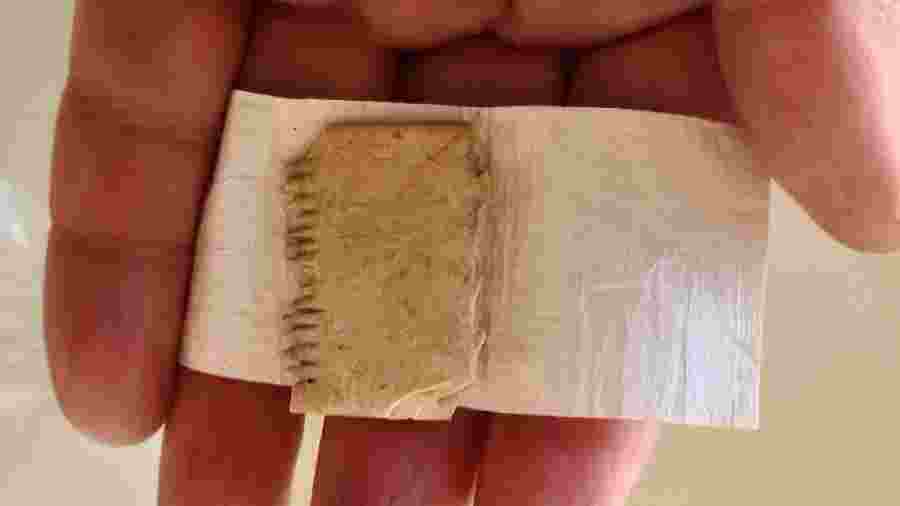A bad hair day is far from being a modern phenomenon. Hair had to be clean and ordered centuries ago too. Hygienic hair attains an almost aesthetic status when the first sentence in history’s first known alphabet is discovered as a carving on an ivory comb expressing the hope that the ‘tusk’ roots out the lice of hair and beard. There is nothing humble about lice then, which, besides driving parents to profanities with incursions into their children’s hair, have been immortalised in early Canaanite script and that, too, on an ivory comb. Canaan, says history, had no elephants around 3,700 years ago, when the comb was made. Hence this is a rich person’s comb, probably a man’s, hence the concern for the beard. Lice seem to have had hidden iconic possibilities — joining children and adults, the ancient and the modern, rich and poor, the hygiene-conscious and the hygiene-casual and, most important, becoming the subject of the first written sentence in the first alphabet in the history of the world. Not love, not light, not steak and kidney pie, but lice. An incredible stature for disgusting creepy-crawlies.
Disgust, apparently, was one of the driving human impulses from the beginning; it was part of the survival instinct, protecting folk from diseases arising out of dirty surroundings and filthy bodies. But combs were not merely weapons against lice, they also tamed and arranged hair, because vanity matched disgust as the other powerful instinct since cavemen went a-courting. When their shagginess went out of fashion, the muscly hunter-gatherers shaved with shark’s teeth, shells and volcanic glass in the absence of the five-blade-best a man can get. And that was 30,000 years ago. They not only missed power shaving, but the alphabet too, so had to record their clean-shaven virility on the walls through pictures. The Canaanites, though, were far more taken up with their heads of hair — they were no longer picturesquely hairy, humankind having come a long way from the hospitable caves by then — and made mushroom-shaped buns on the top of their heads while the women wore their hair in long tresses. With language at their disposal, they are now telling the world how finicky they were. Did they fear lice in the afterlife? That is not clear yet, since so far Celtic chiefs are known to have taken combs into their graves and Egyptians their combs and hairpins.
The time may have come to decide which creepy-crawly should have pride of place in historical importance. The cockroach, apparently, has been crawling out of nether darknesses since the stegosaurus shook its spiked tail at the T-Rex, but being recorded in the first sentence in the first alphabet bestows lice with a different level of dignity altogether. Besides reminding humankind, of course, that language was put to better use as prayers against lice and, maybe, cockroaches than as paeans to the moon. Lousy lesson, though.











